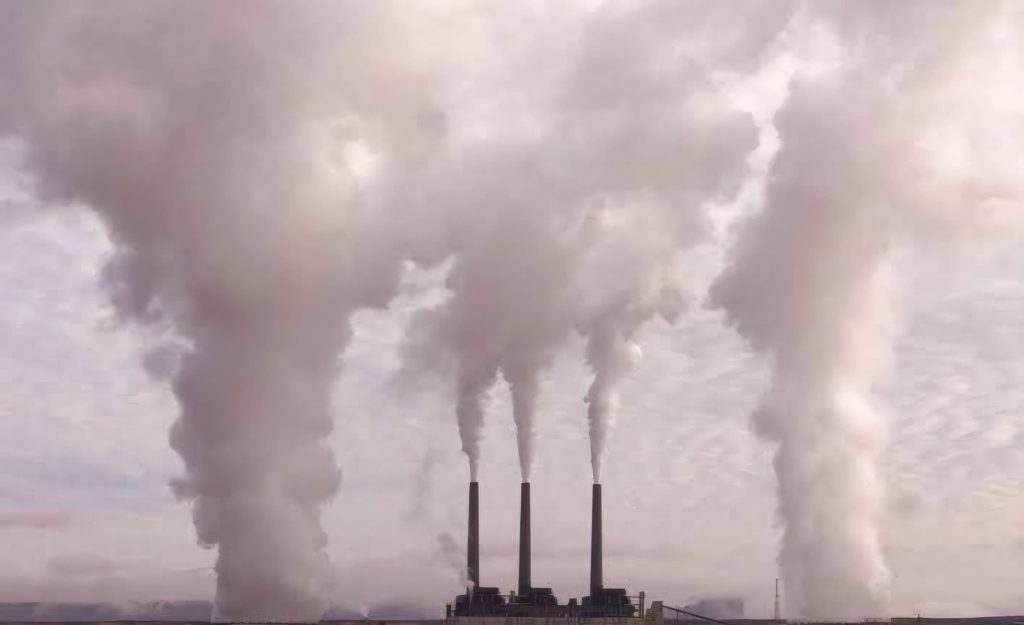Rwanda is experiencing increased air pollution primarily driven by industrial emissions, vehicle exhaust, and inadequate waste management practices, including the burning of biomass.
In the recent presentation of the 2021-2023 Air Quality Status report, the Minister of Environment underscored the growing urgency to tackle these sources of pollution. The report details how these pollutants are adversely affecting both public health and the environment.
The Minister emphasized that as Rwanda strives for sustainable development, it is imperative to invest in and implement effective measures to improve air quality. This includes adopting cleaner technologies, enhancing waste management practices, and promoting policies that reduce emissions. Such efforts are critical to ensure a healthier population and a more sustainable environment as the country progresses toward its development goals.
Despite significant strides in reducing air pollution in Rwanda through the adoption of clean energy solutions, promotion of electric vehicles, stringent emissions regulations, and various public awareness initiatives, the latest report reveals a troubling increase in pollutant levels.
This growing concern is highlighted against the backdrop of Rwanda’s recent observance of International Day of Clean Air for blue skies, which carried the theme “Invest in Clean Air.” This theme underscores the urgent need for coordinated efforts from both the public and private sectors to dedicate resources and encourage innovation aimed at curbing pollution.
Officials emphasize that clean air is essential not only for combating climate change but also for safeguarding natural resources and ensuring the well-being of future generations. They call on all sectors of society to take part in pollution reduction efforts. This includes adopting cleaner technologies, minimizing the use of polluting fuels, and participating in community-based clean-up activities. By prioritizing investment in clean air now, Rwanda aims to pave the way for a healthier, more sustainable future for its citizens.
The Minister has highlighted the critical need to establish air quality standards to manage emissions from various pollution sources, which is essential for controlling the negative impacts of air pollution.
Who is Affected?
Certain populations are at heightened risk due to poor air quality. These include older adults and individuals with chronic health conditions such as diabetes, heart disease, and respiratory disorders. Additionally, dry weather conditions can worsen air quality, putting extra strain on vulnerable groups such as children, infants, and pregnant women. Outdoor workers are also particularly exposed and at risk from the effects of air pollution.
In response, efforts are being made to promote healthier transportation alternatives. This includes advocating for the use of public transit, cycling, and walking for short trips, as well as organizing eco-friendly events like community walks and public cycling initiatives. Schools and higher education institutions are encouraged to invest in electric buses and create environments that support cycling. There is a call for increased investment in technologies and solutions that can effectively reduce emissions and improve air quality for the benefit of all.
Rapid population growth in urban and suburban areas is contributing significantly to increased air pollution due to intensified human activities. This rise in pollutants poses severe health risks, including cardiovascular diseases, lung cancer, and a range of respiratory illnesses.
Children and the elderly are especially vulnerable to the effects of air pollution. While current pollutant levels generally meet national air quality standards, concentrations tend to escalate during dry spells. Peak pollution levels are often observed during rush hours, with lower levels at night.
To combat these issues, it is crucial to boost public awareness about the importance of reducing vehicle emissions, adopt sustainable practices within industries, and expand the network for monitoring air quality. Involving the community in air quality initiatives and increasing green spaces through tree planting are also vital steps.
Rwanda has introduced several strategies to mitigate pollution, such as enhancing public transportation options, implementing rigorous vehicle inspection programs, developing infrastructure for cycling, establishing car-free zones, and offering incentives for the adoption of electric vehicles. Efforts are also being made to reduce biomass burning and encourage the use of renewable energy for cooking purposes.
To further address pollution, industries have been relocated from residential areas to a designated Special Economic Zone. Moving forward, all industries that emit pollutants will be required to implement regular reporting and monitoring systems to ensure compliance and reduce emissions. A recent study projects that tackling air pollution in Kigali’s transport sector alone could potentially save the country $200 million from 2023 to 2030.

